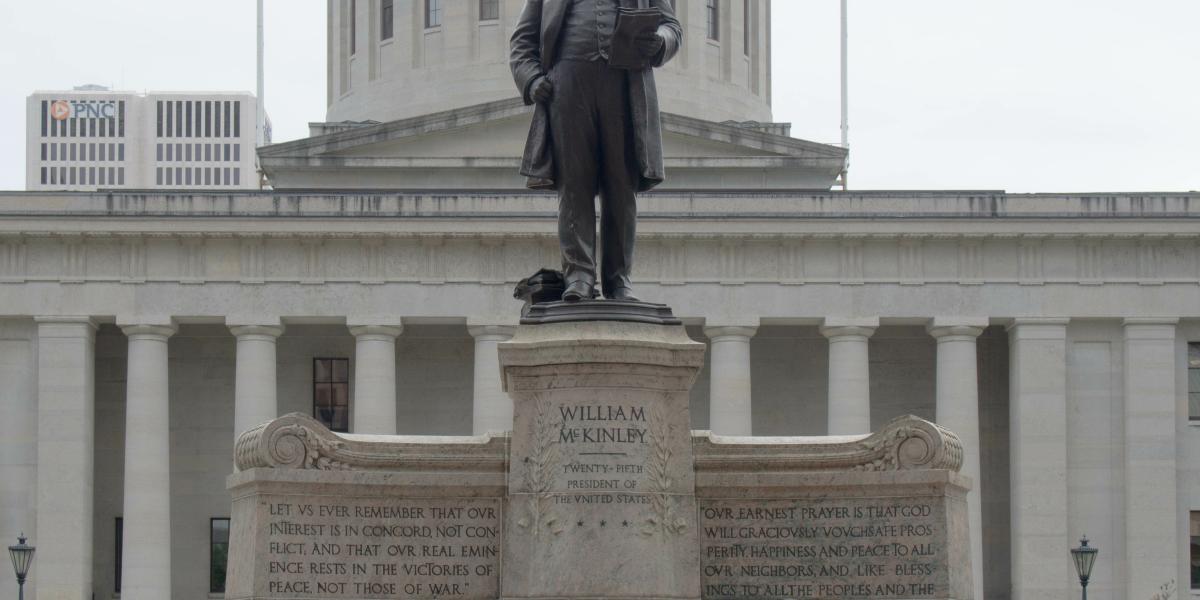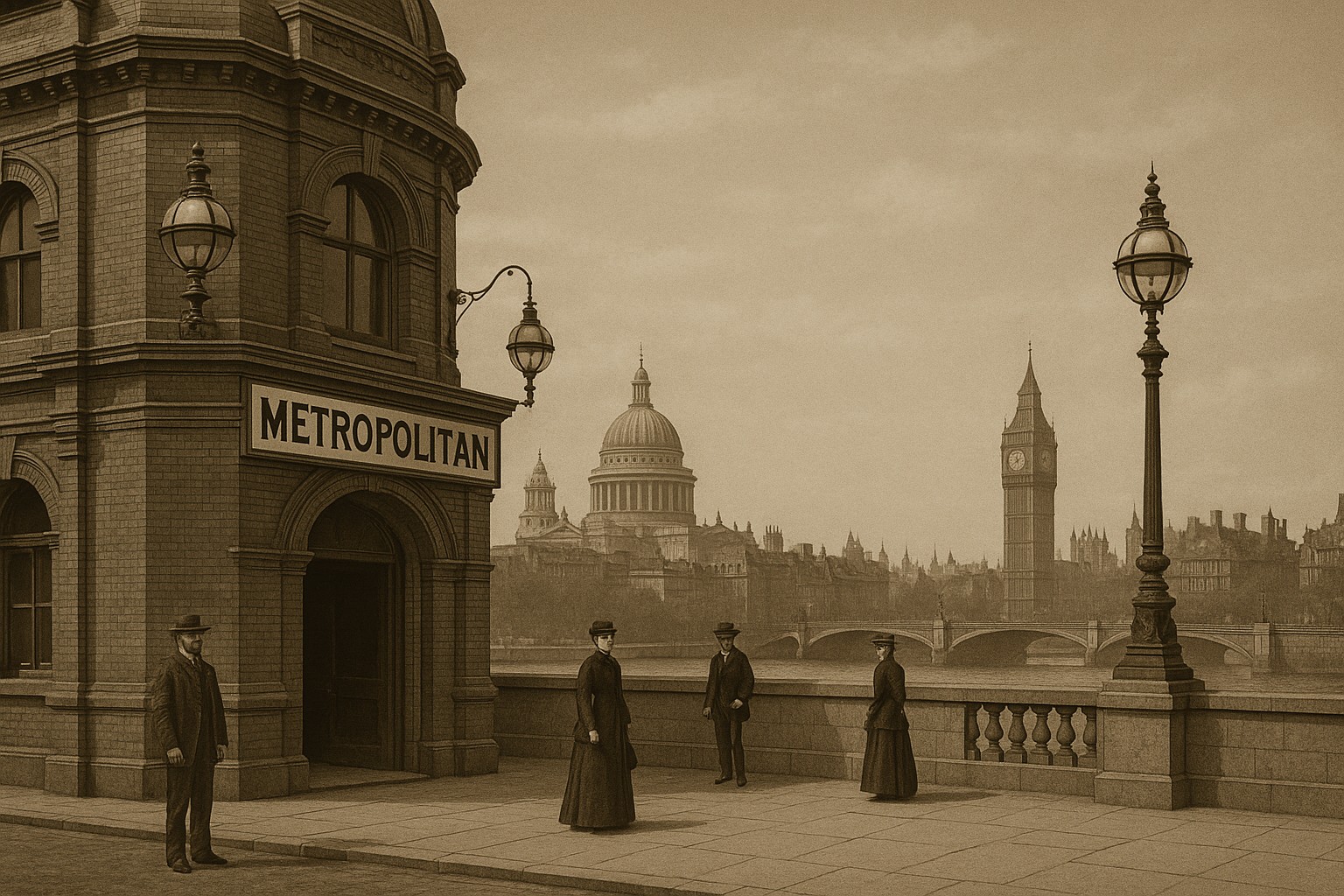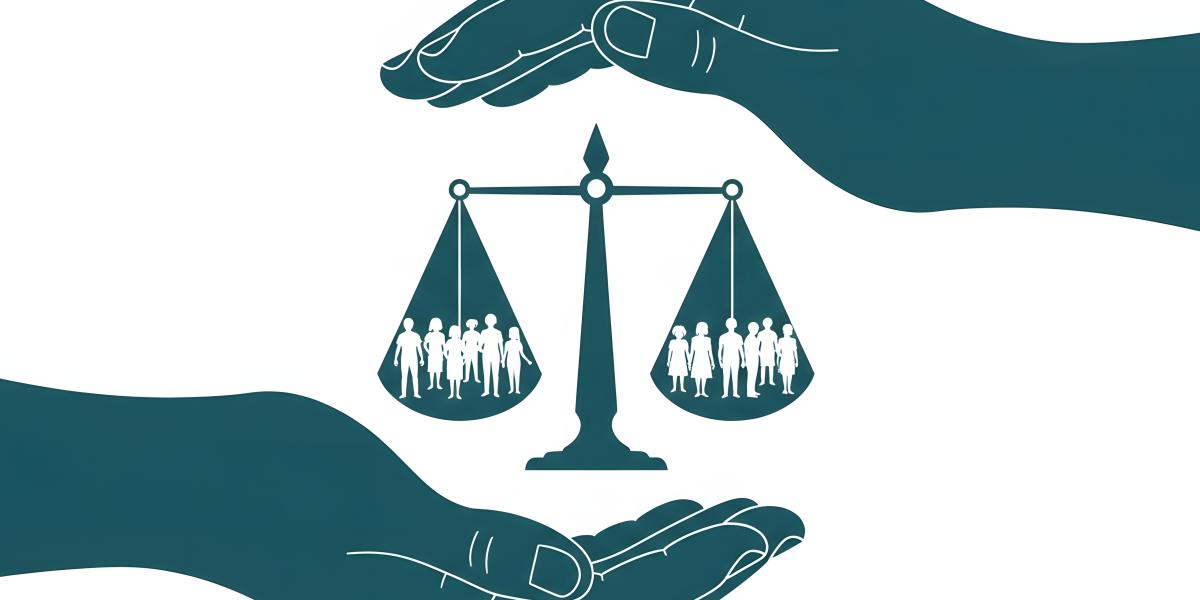Several times President Donald Trump has made the claim that tariffs, especially during the McKinley era, made America wealthy; so wealthy, in fact, that the government did not know what to do with the money. Here are some representative quotes in his own words,
You know, years ago, 1870 to 1913, we didn’t have an income tax. What we had is tariffs. Where foreign countries came in and they stole our jobs, they stole our companies, they stole our product, they ripped us off, and, you know, they used to do numbers, and then we went to tariff — a tariff system. And the tariff system made so much money. It was when we were the richest — from 1870 to 1913 — then we came in with the — brilliantly came in with an income tax. “No, we don’t want others to pay. Let’s have our people pay.” And then you had the depression in 1928, 1929. I call it 1929. That was a bad time. But, you know, you didn’t have tariffs, and you had tariffs that ended in 1913. But it was the richest our country ever was.
It’s time for the United States to return to the system that made us richer and more powerful than ever before.
They set up the great tariff commission of 1887. And this commission had one function, what to do with all the money that we took in. It was so enormous that they had no idea. It was a blue-ribbon committee. It was set up 1887. And what to do with all of the money that we had.
Trump has even dubbed himself “a Tariff Man.” This is nothing new, however, his frequent claims regarding the US economy during the Gilded Age—represented by the quotes above—need scrutiny.
Apples and Oranges
One of the insights of Austrian economics is careful understanding of the role and proper use of economic history. Recognizing that historical events are truly unique and non-repeatable, that situations cannot be replicated with all the same variables, there is no ceteris paribus to isolate variables as in a scientific experiment, and that humans are acting and choosing agents, Austrian economists recognize that economic history can illustrate, but it cannot empirically generate positive economic theory. To even interpret data—even if empiricism is assumed—an economic theory is necessarily presupposed. Therefore, the goal ought to be sound, axiomatic theory to interpret data.
With this in mind, economic history is highly useful within its limits, but we also have to appreciate that history does not actually “repeat itself” and, if we are going to validly compare the present with past events, then they should have significant points of connection. In other words, we have to ensure that the situations are similar enough for the historical analogy to be valid. This is the problem with Trump’s nostalgia about the Gilded Age, the role of tariffs relative to US economic growth, the McKinley presidency, and the excess government revenue.
While this article mainly seeks to deal with the disanalogy between this era and now, Trump did make some demonstrable historical errors of fact. The main one is that he claims that there was an income tax but no tariff after 1913. It is true that there was an income tax, and that the Great Depression happened afterward, however, there were tariffs following the income tax. The infamous Smoot-Hawley Tariff came about during the 1920s, exacerbating conditions of the Great Depression. While many gullible people believed they would replace tariffs with an income tax, in reality, they got both (which is likely to happen to us too).
To the main point, the disanalogy in Trump’s argument is that there were economic conditions present and absent in the US during the Gilded Age that are not the same for the US today. Absent during that era were an income tax, Fed-driven monetary and price inflation, and a burdensome regulatory state. Present were savings and capital accumulation, an imperfect gold standard, a much more limited government, a growing population that meant a greater division of labor, and yes, some stiff tariffs. Hopefully simply listing those conditions demonstrates the stark differences between the economic environment of the Gilded Age and the current age. To spell it out, the US has massive monetary-credit inflation via the Fed, an income tax (among several other tax burdens), and a massive regulatory state. To simply add tariffs on top of this system will not replicate the economic conditions of the Gilded Age. Instead, a new burden is added.
Tariffs and 19th-Century Growth
The claim that prosperity comes from trade restrictions ought to be dubious for several reasons. Overlooking all the consequences of tariffs in the name of encouraging and protecting domestic production, many miss a significant implication of their premises. To take it to an extreme example, Abraham Lincoln strengthened the Confederacy during the Civil War when he enacted a blockade against the seceding South. (Yes, I understand that degrees and magnitudes matter). During the Gilded Age, economist Henry George made a similar point, which Milton Friedman often rephrased—that we blockade and sanction enemy nations during war, cutting them off from trade as a punishment to weaken them, but then self-sanction ourselves with tariffs in times of peace,
Protective tariffs are as much applications of force as are blockading squadrons, and their object is the same—to prevent trade. The difference between the two is that blockading squadrons are a means whereby nations seek to prevent their enemies from trading; protective tariffs are a means whereby nations attempt to prevent their own people from trading. What protection teaches us, is to do to ourselves in time of peace what enemies seek to do to us in time of war. (emphasis added)
Trade historian Douglas A. Irwin found that, during the 19th century, labor productivity in agriculture was comparable to the UK, but manufacturing was roughly double that of the UK during the same period. American workers largely shifted from agriculture to manufacturing, but the “tariff cannot take much credit for this shift because the level of import protection was roughly constant from the Civil War through this period, so its effect is already built into the 1870 figure.”
Perhaps the tariffs helped foster domestic industries during this period? The key problem, however, is that the US levied heavy tariffs on manufactured capital goods, which are key for growth and productivity. Perhaps “infant industries” were shielded from foreign competition and this allowed domestic growth? Ironically, for every case where domestic industries were given an edge relative to foreign competitors (which may not have even come from the tariffs), there is a matching case in which industries remained inefficient. In fact, some industries were hampered because intermediate inputs (e.g., steel, iron) were tariffed. Irwin concludes,
In sum, many of the links between tariffs and productivity are elusive. For every speculative argument that tariffs could have promoted higher productivity through this or that channel, there is an equally strong, equally speculative counter argument….
The U.S. experience in the late nineteenth century is often appealed to as evidence that high tariffs can prove beneficial to economic growth and development. Upon closer scrutiny, it is difficult to establish this claim. That tariffs coincided with rapid growth in the late nineteenth century does not imply a causal relationship. To provide compelling evidence of a causal relationship requires the identification of the particular channel or mechanism through which the beneficial effect of the tariff purportedly operates. The simple calculations performed here suggests that U.S. economic growth during this period did not hinge on the tariff.
The economic growth during this period was more due to capital deepening, which was possible because of voluntary, private saving. Capital accumulation and population growth led to greater productivity and a more specialized division of labor. This was not due to tariffs, in fact, tariffs arguably hampered this process. Further, economic growth increased following WWII as tariffs largely decreased, therefore, it is more than doubtful that tariffs are the independent variable in economic growth.
Figure #1
Figure #2

Space does not permit full explication of some further points, but they are worth mentioning. First, the tariffs during this period were so onerous to many Americans that they were ready to call for an income tax (mistakenly believing they would replace the tariff with the income tax). Some of the history can be read in Frank Chodorov’s The Income Tax: Root of All Evil.
Second, on the claim that tariffs made America so rich that they didn’t know what to do with the money, we should note a few things. The government gaining tariff revenue and spending it does not equate to Americans becoming wealthy. That said, there is some truth to Trump’s argument. There were some federal surpluses during some periods. The government was taking in more money than it spent. The big government Republicans wanted the government to spend more and the Democrats wanted to reduce the tariffs. By many Americans—including Grover Cleveland—this was not seen as a triumph. For Cleveland, the answer was clear: if the government is taking in more than it spends, lower the taxes! Cleveland said in 1887,
When we consider that the theory of our institutions guarantees to every citizen the full enjoyment of all the fruits of his industry and enterprise, with only such deduction as may be his share toward the careful and economical maintenance of the Government which protects him, it is plain that the exaction of more than this is indefensible extortion and a culpable betrayal of American fairness and justice. This wrong inflicted upon those who bear the burden of national taxation, like other wrongs, multiplies a brood of evil consequences….
…by a perversion of its purposes, it idly holds money uselessly subtracted from the channels of trade, there seems to be reason for the claim that some legitimate means should be devised by the Government to restore in an emergency, without waste or extravagance, such money to its place among the people. (emphasis added)
Unfortunately, Donald Trump is no Grover Cleveland.

























